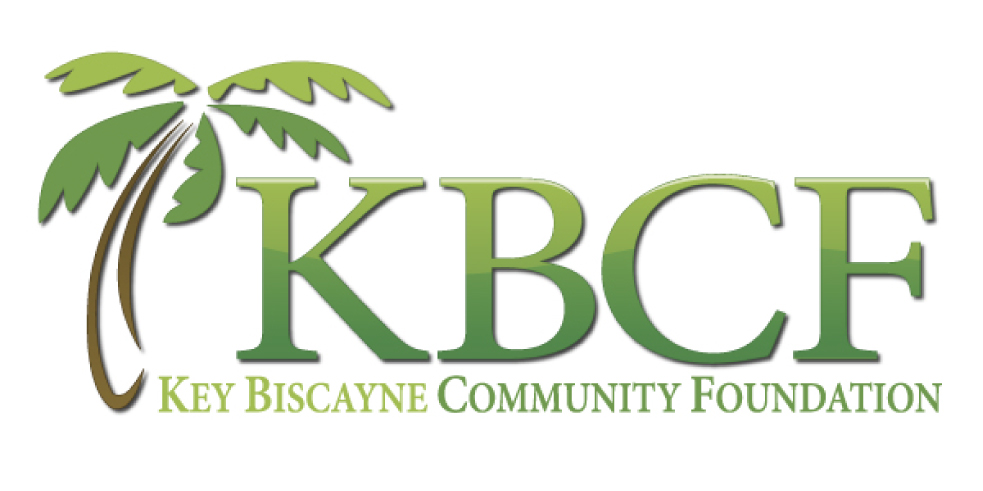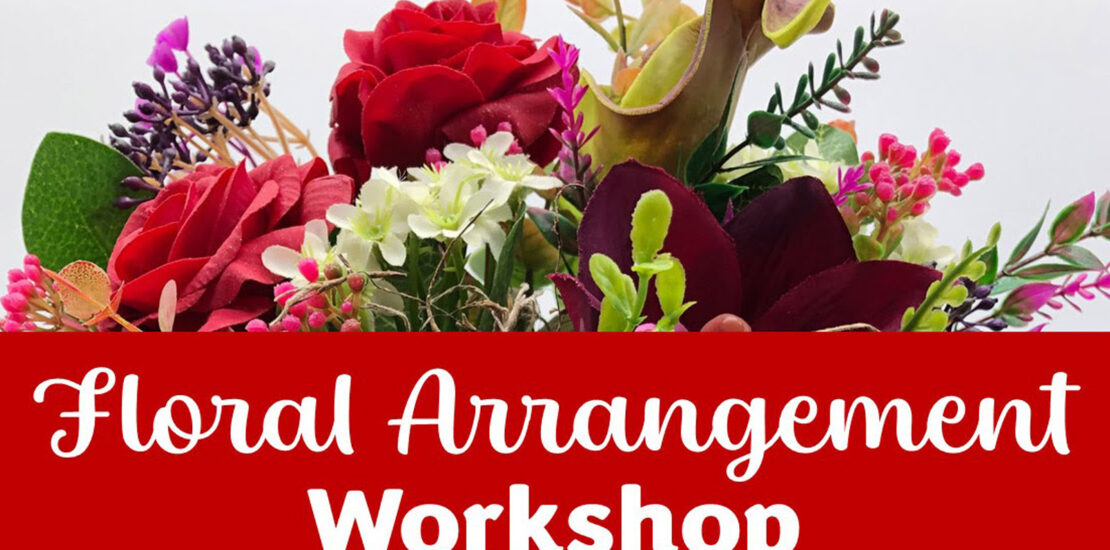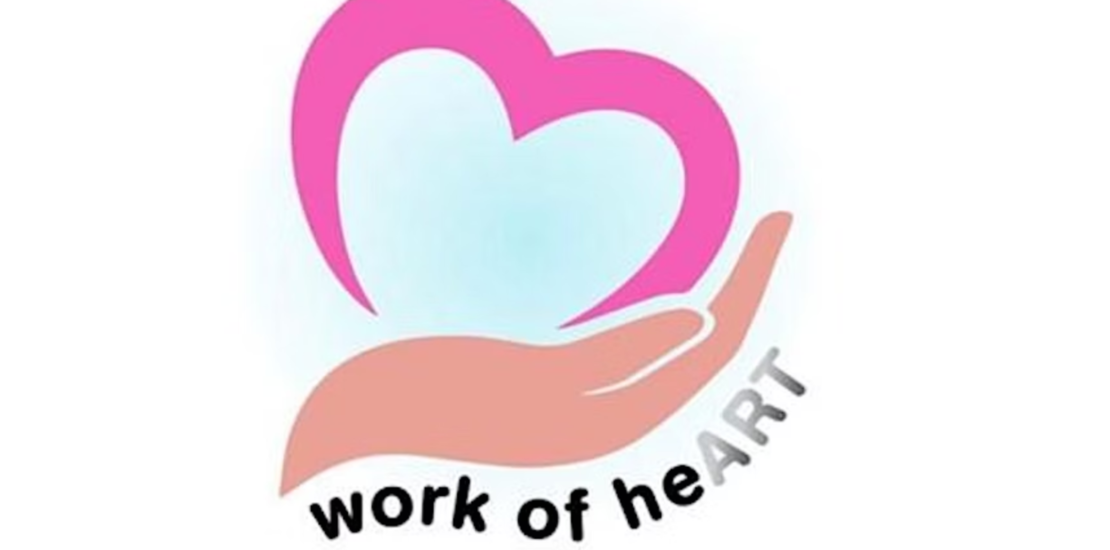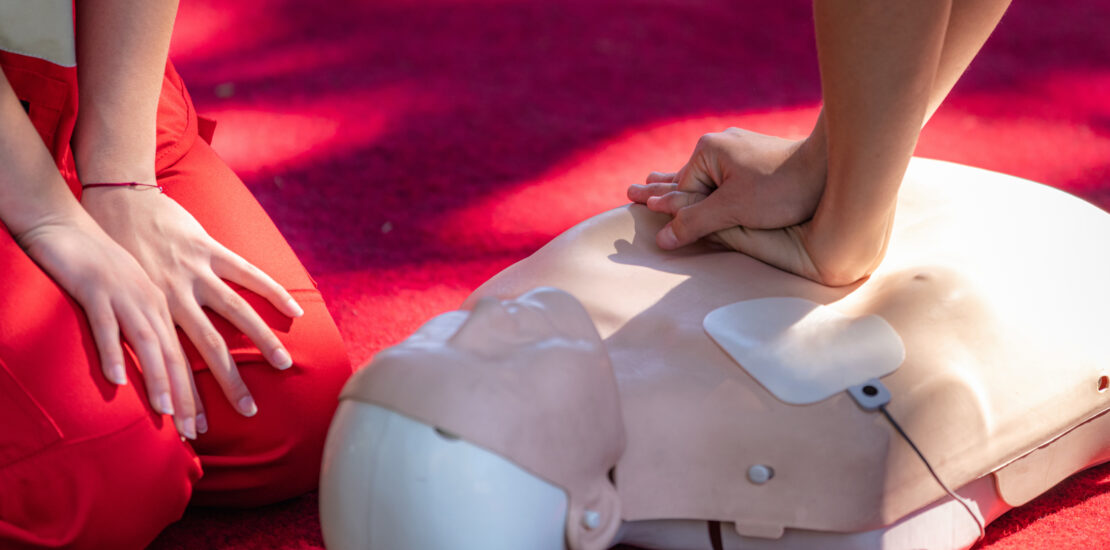-
MAR 8 | Floral Arrangement Workshop
- March 6, 2023
- Posted by: KBCF
- Category: Events
No CommentsCome learn how to create beautiful flower arrangements for any occasion on Wednesday March 8 at KBCC.
-
MAR 9 | Work of the Heart
- March 5, 2023
- Posted by: KBCF
- Category: Events
Join the Presbyterian School for their Work of the Heart Event on Thursday March 9 from 6-9PM. The silent auction includes a KBCF Aqua Party Package with two tickets to the SOLD OUT event! Reserve your spot here.
-
MAR 9 | Family Kitchen Transformations
- March 5, 2023
- Posted by: KBCF
- Category: Events
Please join the Presbyterian School to learn about transforming your family kitchen with Adita Lang on Thursday March 9 at 9:00AM. Register for this free event here.
-
MAR 9 | Community CPR Class
- March 5, 2023
- Posted by: KBCF
- Category: Events
Join the Key Biscayne Fire Rescue Department on March 1st from 9:00 am to 1:00pm for a community CPR class at the Fire Station. The Fire Rescue Department is offering the American Safety and Health Institute CPR-AED Training Course at the Fire Station for everyone ages 12 and up. Adult, child and infant CPR and
-
MAR 7 | A.S.K. Book Club
- March 3, 2023
- Posted by: KBCF
- Category: Events
Join friends and neighbors at the KBCC Lighthouse Room on Tuesday March 7 at 12:3PM for a book club discussion on The Invention of Wings by Sue Monk Kidd.





